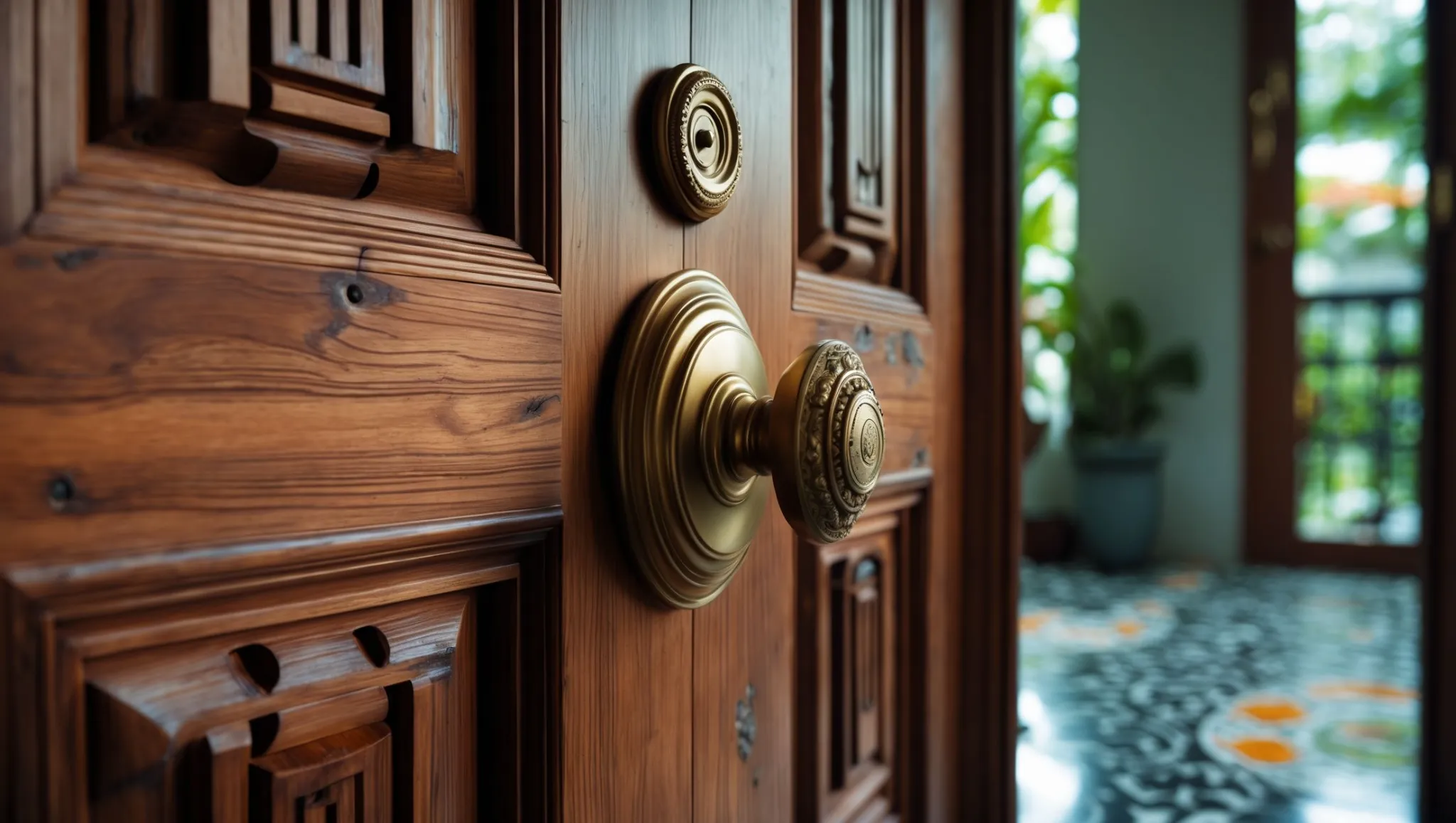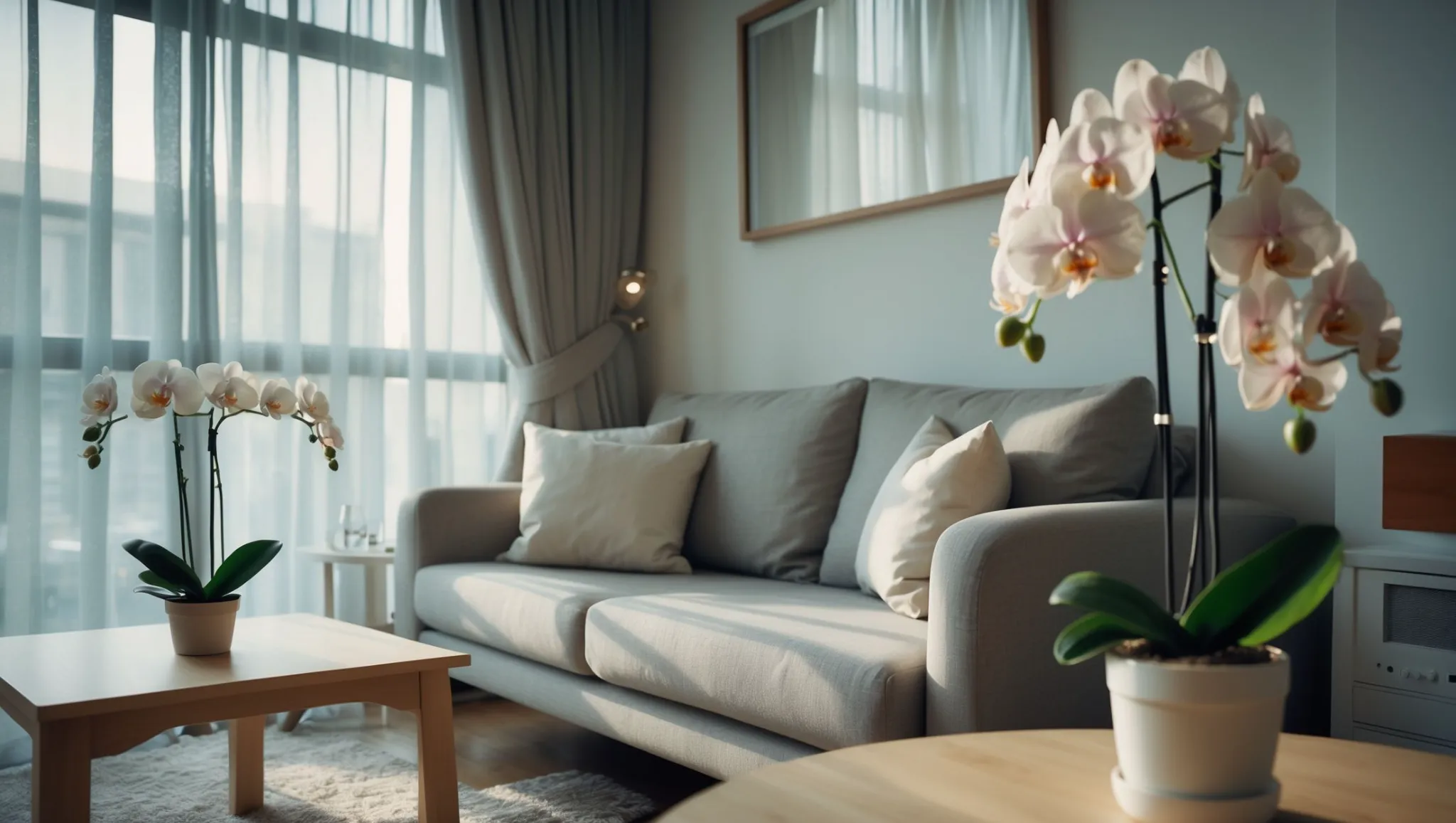Being a landlord is akin to being the captain of a sleek, modern ship. Your tenants are your crew, and smooth sailing depends on your diligent upkeep — on maintaining everyone in line and understanding when mutiny is stirring. Imagine you've rented your posh flat to a young professional, Mr. Tan. It's your duty to ensure that the plumbing runs as smoothly as the MRT and that repairs are handled with the swiftness of a hawker stall chef. Why? Because there are two-way streets. If you treat your crew as they expect to be treated, then they’ll put in the work and continue on your ship. Singaporean landlords, success hinges on understanding this role.
Not only can clear tenancy agreements protect your rights regarding rent and property use, but legal obligations regarding maintenance and tenant rights ensure smooth sailing. By learning the legalities and best practices for property upkeep, you'll create a compliant and attractive rental business, minimizing disputes and maximizing returns.
Landlord Responsibilities in Singapore
In Singapore, navigating the landlord and tenant responsibilities requires a clear head and some rather nifty navigating of treacherous waters — the type that is brimming with red tape surf. A well-informed landlord can leverage tenancy agreements to protect their rights while adhering to legal obligations regarding maintenance and tenant well-being. This knowledge helps you to create a compliant and attractive rental property business and ultimately ensures smooth operation, minimizing disputes and maximizing returns on your investment.
Singapore's Rental Market and Its Legal Framework
Singapore's property market boasts a high proportion of renters, with a significant portion living in public housing. To ensure a balanced and stable market, the government enforces a robust legal framework. This framework includes the Control of Rent Act, which dictates fair rental practices, and the Singapore Residential Leases Act, which governs tenancy agreements and protects both landlords and tenants. Understanding these regulations is crucial for landlords to operate compliantly and avoid legal issues.
Legal Framework for Landlords in Singapore
Here's a breakdown of key regulations and recent updates:
Cornerstone Laws
- The Residential Tenancy Act (RTA): Outlines standard tenancy agreements, including minimum notice periods for rent increases, termination, security deposit limits, and dispute resolution mechanisms.
- The Control of Rent Act (CRA): Focusing on rent fairness, the CRA empowers the Ministry of National Development to regulate rent increases in specific situations, particularly public housing.
These laws establish a paradigm for a balanced relationship – the platform on which you will have to dance. Landlords have the right to receive rent, control property use through tenancy agreements, and expect responsible tenant behavior. Tenants, on the other hand, have the right to occupy a habitable space, receive repairs for essential services, and enjoy quiet enjoyment of the property.
Updates and Changes
The government periodically reviews and updates regulations to address evolving market needs. For instance, recent amendments have streamlined the tenancy agreement format and clarified procedures for resolving disputes through mediation.
A 2024 Disclaimer
This is a 2024 guide — we have to put that disclaimer here just so everyone is aware. Regulations and standards can change over time, and what holds true today might be different in the future. If you’re reading this in 2026 or whenever the flying cars finally arrive, it's wise to verify the current requirements. Real estate laws are ever-evolving, and staying updated is crucial for compliance and tenant safety. For the latest information, check with a local real estate agent who is up-to-date with the current regulations. Alternatively, feel free to send me an email, and I'll be more than happy to assist you with the most recent guidelines and advice. Staying informed ensures you’re always on the right side of the law, providing a safe and welcoming home for your tenants.
General Landlord Responsibilities
Being a successful landlord in Singapore goes beyond just collecting rent. It requires fulfilling a set of responsibilities that ensure a positive experience for your tenants and compliance with the law. Here's a breakdown of key landlord duties:
Providing a Habitable Living Environment
You are obligated to provide a safe and functional living space. This includes ensuring proper sanitation, working plumbing and electrical systems, and freedom from structural defects like leaks or cracks.
Respecting Tenant Privacy
Tenants have the right to quiet enjoyment of their rented space. Unannounced visits are generally discouraged, and access to the property should be arranged with reasonable notice except in emergencies.
Ensuring Safety and Security
The property should be reasonably secure with functioning locks and proper lighting in common areas. Meeting fire safety regulations through proper equipment and escape routes is also crucial.
Maintenance and Repairs
- Structural Issues: Cracks in walls or ceilings, leaky roofs, or problems with the foundation.
- Essential Services: Malfunctioning electrical wiring, plumbing breakdowns, or faulty built-in appliances.
- Safety Concerns: Faulty locks on doors and windows, malfunctioning fire safety equipment (smoke detectors and fire extinguishers), or potential hazards like loose railings or uneven flooring.
Financial Responsibilities
- Deposits: Security deposits are capped by law and must be returned within a reasonable timeframe after tenancy ends, minus any deductions for repairs beyond fair wear and tear.
- Rent Collection: The process for rent collection should be transparent and adhere to the tenancy agreement. Late fees, if applicable, must be clearly defined.
- Rental Adjustments and Notifications: Rent increases may be subject to regulations under the Control of Rent Act, and proper notice must be provided to tenants before implementation.
Health and Safety Standards
Landlords must ensure the property adheres to health and safety standards set by the Building Control Act. This includes proper ventilation, pest control measures, and functioning fire safety equipment.
The Tan Factor
Picture your tenant, Mr. Tan, returning home after a long day at work. He deserves a well-ventilated space, free from the pesky intrusions of critters. And that is just one of the many things Mr. Tan expects — it’s his compensation for staying loyal to you and meeting your rent demands.
For example, proper ventilation not only keeps the air fresh but also prevents mould — a nemesis in this humid climate.
Pest control measures are a must, ensuring that your tenants, like Mr. Tan, don’t find themselves sharing their abode with uninvited guests. Regular inspections and professional treatments keep the property in tip-top shape, preventing any six-legged surprises.
Functioning fire safety equipment is non-negotiable. Imagine Mr. Tan cooking a late-night snack, only to be met with a smoke alarm's screech. A well-maintained smoke detector and accessible fire extinguisher could make all the difference. Regular checks and replacements ensure these devices are always ready to spring into action.
Being a landlord in Singapore isn't just about providing a roof over one's head; it’s about creating a sanctuary where tenants feel safe and comfortable. Upholding these health and safety standards not only keeps you compliant with regulations but also builds trust and satisfaction, turning your property into a sought-after haven in the city.
Understanding Your Responsibilities
In Singapore, it is essential to understand the landlord's responsibilities properly. From providing a habitable living space to ensuring safety and security, your duties extend beyond just collecting rent. A crucial aspect is upholding landlord maintenance responsibilities and landlord repair responsibilities. The Residential Tenancy Act serves as a foundation, outlining your obligation to address repairs related to the property's structure and major systems.
By adhering to these legal requirements, fostering open communication with your tenants, and implementing a proactive maintenance approach, you can create a win-win situation. Remember, maintaining good landlord-tenant relationships goes a long way. Staying informed about legal updates and best practices in property management is crucial. Consider consulting qualified professionals for guidance, allowing you to navigate the legalities with confidence and maximize your returns on investment.














